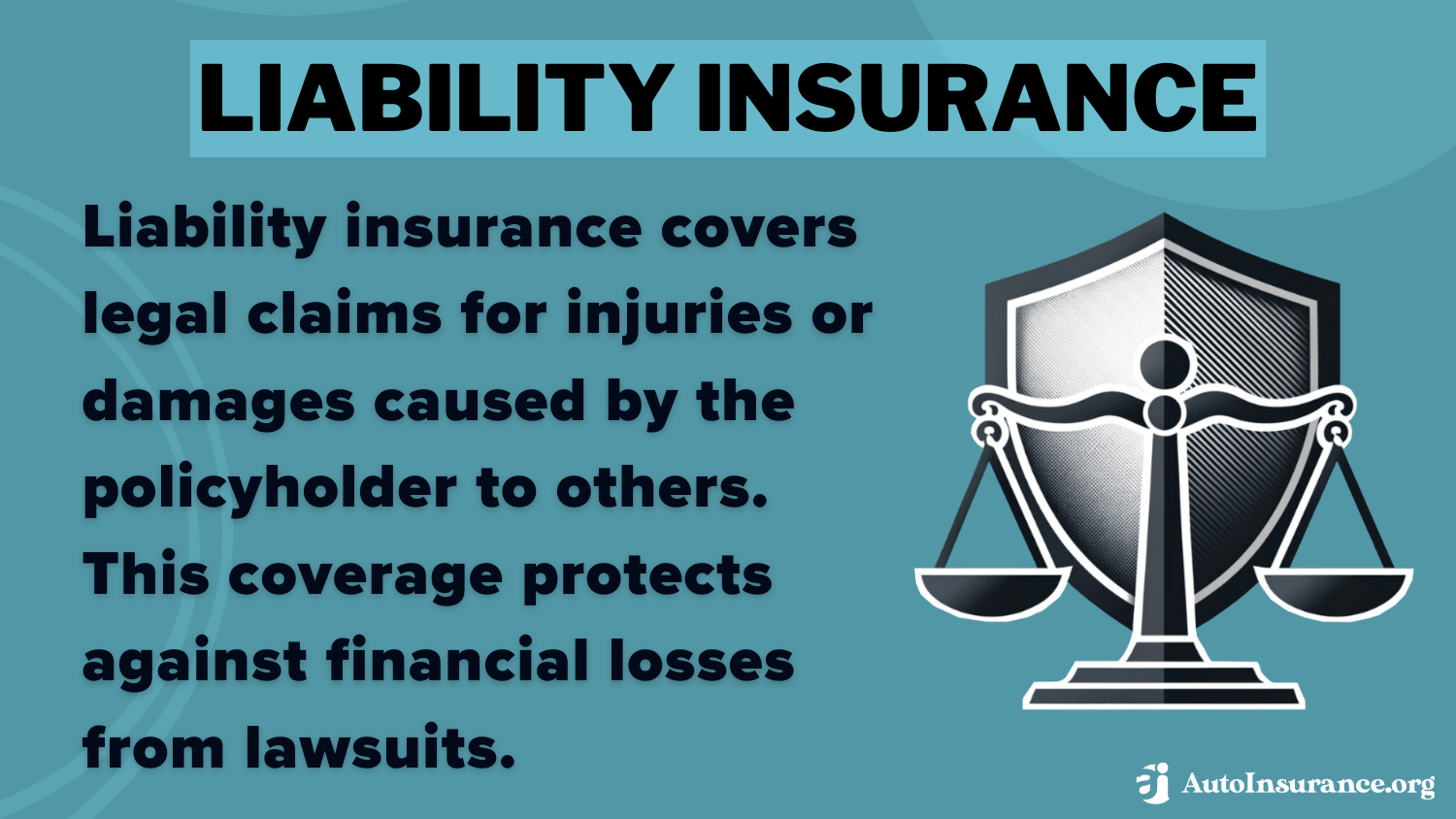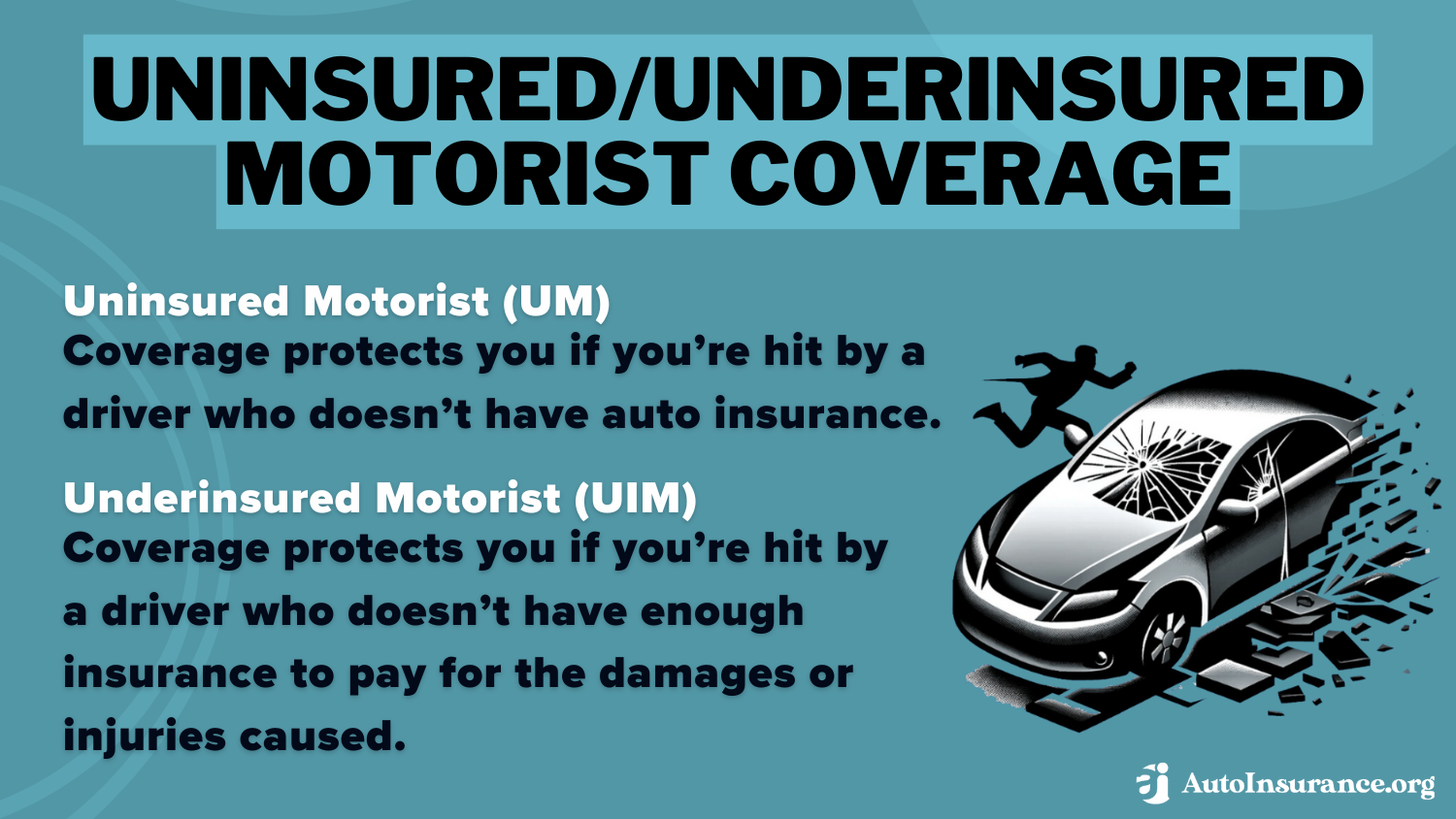Hawaii Minimum Auto Insurance Requirements for 2025)(What Drivers in HI Need)
Hawaii minimum auto insurance requirements are 20/40/10, meaning drivers must carry $20,000 for bodily injury per person, $40,000 for all persons injured in an accident, and $10,000 for property damage. Hawaii car insurance rates start at $16/mo, but comparing quotes can help you find the best deal.
Free Car Insurance Comparison
Compare Quotes From Top Companies and Save
Secured with SHA-256 Encryption
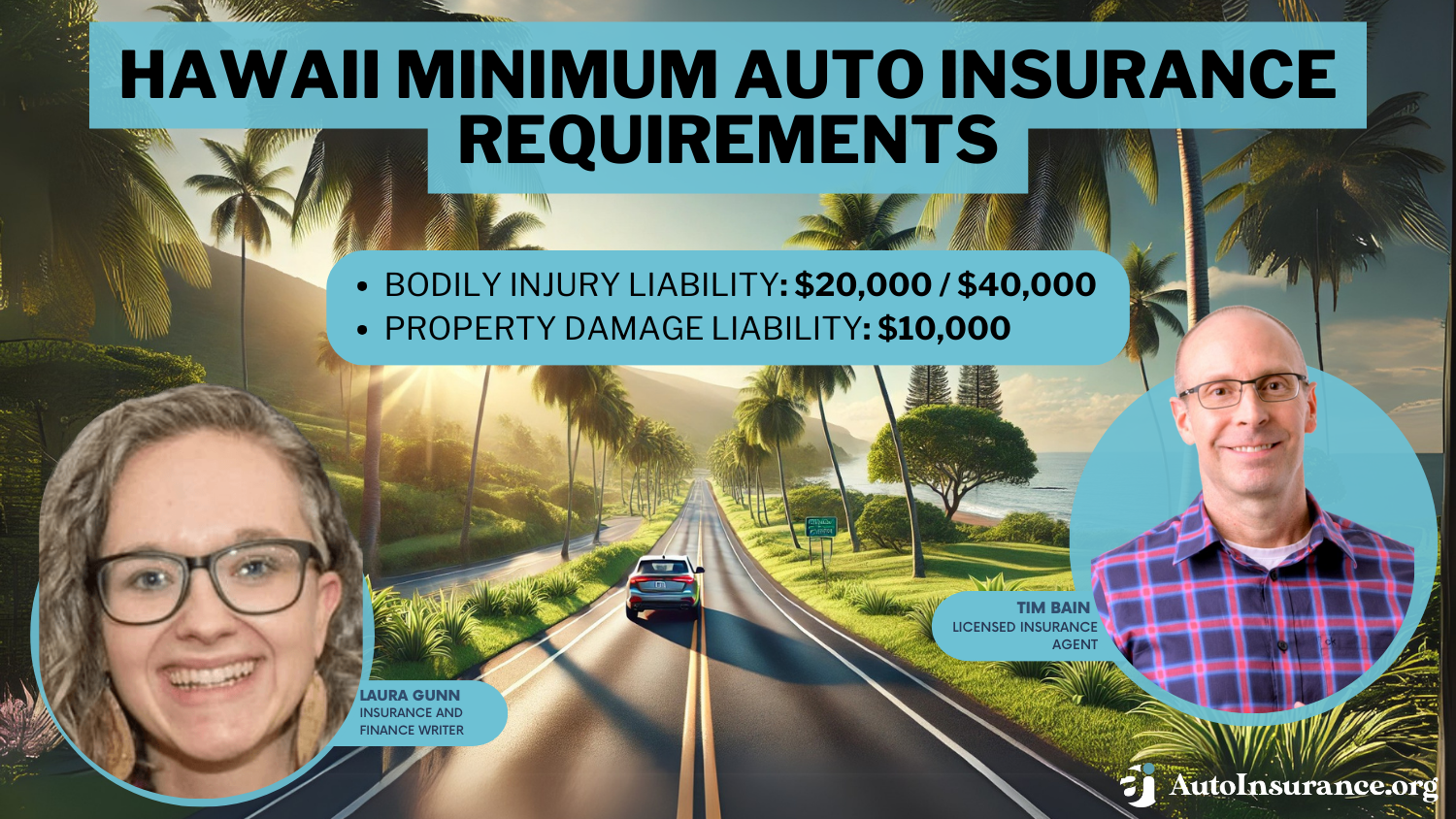
Tim Bain
Licensed Insurance Agent
Tim Bain is a licensed insurance agent with 23 years of experience helping people protect their families and businesses with the best insurance coverage to meet their needs. His insurance expertise has been featured in several publications, including Investopedia and eFinancial. He also does digital marking and analysis for KPS/3, a communications and marking firm located in Nevada.
Licensed Insurance Agent
UPDATED: Mar 27, 2025
It’s all about you. We want to help you make the right coverage choices.
Advertiser Disclosure: We strive to help you make confident auto insurance decisions. Comparison shopping should be easy. We are not affiliated with any one auto insurance provider and cannot guarantee quotes from any single provider. Our partnerships don’t influence our content. Our opinions are our own. To compare quotes from many different companies please enter your ZIP code on this page to use the free quote tool. The more quotes you compare, the more chances to save.
Editorial Guidelines: We are a free online resource for anyone interested in learning more about auto insurance. Our goal is to be an objective, third-party resource for everything auto insurance related. We update our site regularly, and all content is reviewed by auto insurance experts.
UPDATED: Mar 27, 2025
It’s all about you. We want to help you make the right coverage choices.
Advertiser Disclosure: We strive to help you make confident auto insurance decisions. Comparison shopping should be easy. We are not affiliated with any one auto insurance provider and cannot guarantee quotes from any single provider. Our partnerships don’t influence our content. Our opinions are our own. To compare quotes from many different companies please enter your ZIP code on this page to use the free quote tool. The more quotes you compare, the more chances to save.
On This Page
Understanding Hawaii minimum auto insurance requirements is key to staying compliant and saving money. The state mandates 20/40/10 liability coverage, which includes $20,000 for bodily injury per person, $40,000 for all persons injured per accident, and $10,000 for property damage.

Providers like USAA, Geico, and State Farm lead with competitive rates, offering minimum coverage at $16/month, $22/month, and $27/month, respectively.
Hawaii Minimum Auto Insurance Coverage Requirements & Limits
| Coverage | Limits |
|---|---|
| Bodily Injury Liability | $20,000 per person / $40,000 per accident |
| Property Damage Liability | $10,000 per accident |
Shopping around for quotes helps you meet state requirements and uncover discounts that lower your monthly premiums. Taking the time to compare coverage options ensures you get the protection you need at a price you can afford.
Make sure to compare minimum auto insurance coverage in Hawaii rates with our free insurance quote tool above to get the best deal. Enter your ZIP to find cheap auto insurance companies in Hawaii.
- Hawaii minimum auto insurance requires 20/40/10 liability coverage for compliance
- Understanding Hawaii insurance rules helps avoid fines and suspensions
- USAA offers the cheapest rates for minimum coverage, starting at just $16/month
Hawaii Minimum Coverage Requirements & What They Cover
Hawaii requires all drivers to carry auto insurance, and policies must meet specific minimum coverage standards. These include $10,000 for personal injury protection (PIP), $20,000 for bodily injury liability per person, $40,000 per accident, and $10,000 for property damage liability.
- Bodily Injury Liability: When you cause an accident in Hawaii, you are financially responsible for the medical bills that other parties incur due to the accident. Bodily injury liability insurance is legally required in this state, and its benefits pay for medical bills and other related expenses for other people involved in the accident.
- Property Damage Liability: You may also be held financially responsible for the property damage you cause to other people while driving. This may include vehicle damage, property damage, and other similar expenses. Hawaii’s drivers are required to purchase this type of insurance.
Hawaii’s auto insurance minimum requirements ensure basic financial protection in the event of an accident. While these limits meet legal standards, many drivers opt for higher coverage to protect against larger financial losses.
The average monthly cost of liability-only coverage in Hawaii is $203, but rates vary by provider. For the most affordable options, State Farm offers competitive rates for minimum coverage.
Keep in mind that these minimum requirements apply only to personal-use vehicles. Different insurance rules may apply if you drive a commercial or specialized vehicle. Checking with the state and comparing quotes can help you secure the right coverage at the best price.
Free Auto Insurance Comparison
Enter your ZIP code below to view companies that have cheap auto insurance rates.
Secured with SHA-256 Encryption
Cheapest Car Insurance in Hawaii
For drivers in Hawaii seeking affordable coverage, USAA stands out as the cheapest option, offering minimum coverage rates starting at just $21 per month. With a stellar reputation for customer satisfaction and a 4.8-star rating, USAA is a top choice for eligible members, particularly military families.
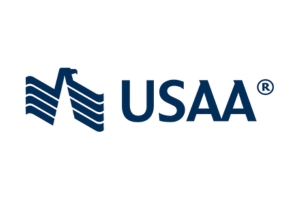 6,589 reviews
6,589 reviewsCompany Facts
Min. Coverage in Hawaii
A.M. Best
Complaint Level
Pros & Cons
 6,589 reviews
6,589 reviews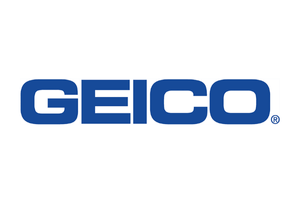 19,116 reviews
19,116 reviewsCompany Facts
Min. Coverage in Hawaii
A.M. Best
Complaint Level
Pros & Cons
 19,116 reviews
19,116 reviews 18,155 reviews
18,155 reviewsCompany Facts
Min. Coverage in Hawaii
A.M. Best
Complaint Level
Pros & Cons
 18,155 reviews
18,155 reviewsGeico, another budget-friendly provider, is following closely, with rates also beginning at $21 per month. Geico is known for its widespread availability and user-friendly online tools, making it an excellent choice for those who value convenience. State Farm is the third most affordable option, with monthly premiums starting at $41. State Farm’s strong financial stability and personalized service make it a reliable choice for drivers across Hawaii.
Monthly Minimum Auto Insurance Rates from Top Providers in Hawaii
| Insurance Company | Monthly Rate |
|---|---|
| $42 | |
| $47 | |
| $34 | |
| $21 | |
 | $35 |
 | $45 |
| $38 | |
| $41 | |
| $48 | |
| $21 |
When comparing Hawaii’s car insurance providers, rates can vary significantly depending on the company. Other notable options include Farmers at $34 per month and Liberty Mutual at $35 per month, which offer competitive pricing alongside comprehensive coverage options.
Comparing quotes from multiple providers is essential to finding the cheapest car insurance that meets your needs. Doing so can uncover discounts and secure the best rate tailored to your budget and coverage requirements.
Read more: Geico Auto Insurance Review
Penalties for Driving Without Auto Insurance in Hawaii
Driving without insurance in Hawaii is illegal and comes with severe consequences. Hawaii car insurance laws require all drivers to meet the Hawaii auto insurance minimum requirements, including liability coverage and personal injury protection. Proof of insurance, whether physical or digital, must always be carried while driving.
Failure to comply with these Hawaii insurance laws can result in fines, license suspension, or both. For a first offense, drivers face a $500 fine and a suspended license, with penalties increasing for subsequent violations. Adhering to Hawaii car insurance requirements not only avoids legal trouble but also ensures you are financially protected in the event of an accident.
USAA stands out as the cheapest car insurance provider in Hawaii, offering minimum coverage starting at $16/month, backed by an A++ rating from A.M. Best and a low complaint level.Jeffrey Manola Licensed Insurance Agent
Hawaii’s penalties reflect the importance of Hawaii no-fault auto insurance, which covers injuries regardless of fault. Shopping for a policy that meets Hawaii’s minimum car insurance requirements is crucial to complying with auto insurance in Hawaii requirements and avoiding hefty fines.
To secure cheap car insurance in Hawaii and stay within the law, compare rates using Hawaii auto insurance quotes from top providers. By understanding the Hawaii auto insurance guide and reviewing car insurance quotes in Hawaii, you can find affordable coverage that protects you under the Hawaii no-fault insurance system.
Read more: Best Auto Insurance Without Penalties for No-Fault Accidents
Other Coverage Options to Consider in Hawaii
Buying car insurance can be complicated and seem confusing to some drivers, and one reason for this is that there are several different types of coverage to choose from.
By learning more about these coverage types, you can make a more informed buying decision about your car insurance needs.
- Personal Injury Protection (PIP) / Medical Payments: You may also have to pay your own medical expenses if you are injured in a Hawaiian car accident. Drivers in this state also require personal injury protection coverage, and it will pay for your own medical bills and other related expenses.
- Collision: Collision insurance is not legally required in this state, but some auto lenders require it. This type of auto coverage pays for your vehicle’s repair expenses or a full replacement if it is damaged in a collision. Other damaging events are not covered by collision insurance.
- Comprehensive: Comprehensive insurance is similar to collision insurance, but it includes repairs or a replacement for many other types of damage. In addition to covering you for damage related to a collision, it may also cover you for bad weather damage, a fire, a theft, and other similar types of events.
- Uninsured and Underinsured Motorist Coverage: Hawaii does not require you to buy uninsured or underinsured motorist coverage, but some other states do have this requirement. It pays benefits if you are involved in a hit-and-run accident or if the driver who hits you is not properly insured per state law.
If you are preparing to shop for new auto insurance in Hawaii, you need to be aware that coverage is bought based on the type and limits that you select. After selecting the coverage types you want from the above options, you will choose a separate coverage limit for each type.
Your insurance company will pay benefits up to the limit that you select. Still, you will be responsible for paying any expenses not covered by the insurance policy you purchased.
Free Auto Insurance Comparison
Enter your ZIP code below to view companies that have cheap auto insurance rates.
Secured with SHA-256 Encryption
Minimum Requirement vs. Recommended Coverage
When purchasing car insurance in Hawaii, meeting the Hawaii minimum car insurance requirements is mandatory to comply with Hawaii car insurance laws. The minimum coverage includes liability protection for bodily injury, property damage, and personal injury protection (PIP).
Hawaii Min. Coverage Auto Insurance Monthly Rates by City
| City | Rates |
|---|---|
| Hilo | $120 |
| Honolulu | $137 |
| Kailua | $128 |
| Pearl City | $129 |
| Waipahu | $130 |
While these limits are sufficient to meet legal standards, they may not cover significant accident-related expenses, such as medical bills or extensive property damage.
Opting for coverage beyond the Hawaii auto insurance minimum requirements can provide greater financial protection and peace of mind. Although higher coverage increases your premiums, it reduces the out-of-pocket costs you might face after an accident. Drivers should carefully evaluate their monthly budget and financial capacity to handle unexpected expenses.
Investing in additional coverage, such as collision, comprehensive, or uninsured/underinsured motorist coverage, ensures better protection and helps avoid financial strain in case of severe accidents. Comparing Hawaii auto insurance quotes can help you find enhanced coverage at affordable rates.
When You Buy Auto Insurance in Hawaii
Shopping for auto insurance in Hawaii is essential in ensuring you meet Hawaii auto insurance requirements while securing a policy that fits your budget. Reviewing your policy every six months is a smart practice, as it helps keep your coverage up to date and ensures you don’t overpay.
Before comparing quotes, determine your coverage needs—whether you’ll stick to the minimum insurance requirements in Hawaii or opt for additional coverage for greater protection.
To find the cheapest car insurance in Hawaii, start by narrowing down providers based on financial stability, customer service ratings, and competitive rates. Using online tools to request quotes allows you to compare options side by side, ensuring you choose a policy that aligns with your coverage preferences and budget (Read more: How to Compare Auto Insurance Quotes).
The average cost of car insurance in Hawaii is $203/month for minimum coverage, but rates vary by provider, so shopping around can help you save significantly. Enter your ZIP code to compare Hawaii car insurance quotes today.
Frequently Asked Questions
What are Hawaii’s minimum auto insurance requirements?
Hawaii requires drivers to carry 20/40/10 liability coverage, which includes $20,000 for bodily injury liability per person, $40,000 per accident, and $10,000 for property damage, along with $10,000 in personal injury protection (PIP).
Is Hawaii a no-fault state for auto insurance?
Yes, Hawaii operates under a no-fault system, meaning your insurance covers your medical expenses regardless of who is at fault in an accident. Find the best auto insurance company near you by entering your ZIP code into our free quote tool.
What is the average cost of car insurance in Hawaii?
The average cost of car insurance in Hawaii is approximately $203 per month for minimum coverage, but rates can vary depending on your provider and driving history.
Who offers the cheapest car insurance in Hawaii?
USAA, Geico, and State Farm are among the top providers of cheap car insurance in Hawaii. Rates for minimum coverage start as low as $16/month. See more details in our USAA auto insurance review.
What happens if I drive without auto insurance in Hawaii?
Driving without insurance in Hawaii can result in a $500 fine for the first offense, license suspension, and increased penalties for subsequent violations.
Do Hawaii auto insurance requirements apply to all vehicles?
The minimum insurance requirements in Hawaii apply to personal-use vehicles. Commercial and specialty vehicles may have different insurance requirements.
What additional coverages are recommended beyond Hawaii’s minimum requirements?
While meeting Hawaii auto insurance requirements is mandatory, adding collision, comprehensive auto insurance, or uninsured motorist coverage provides greater financial protection.
Can I use digital proof of insurance in Hawaii?
Yes, Hawaii allows drivers to use electronic proof of insurance, such as a digital insurance card when requested by law enforcement.
How can I find the best auto insurance rates in Hawaii?
Compare Hawaii auto insurance quotes from multiple providers, considering factors like coverage limits, discounts, and customer service ratings.
What should I do if my car insurance policy lapses in Hawaii?
If your policy lapses, immediately contact your provider to reinstate coverage. Driving without insurance violates Hawaii insurance laws and can result in fines and penalties. Stop overpaying for auto insurance. Enter your ZIP code to find out if you can get a better deal.
Free Auto Insurance Comparison
Enter your ZIP code below to view companies that have cheap auto insurance rates.
Secured with SHA-256 Encryption
Tim Bain
Licensed Insurance Agent
Tim Bain is a licensed insurance agent with 23 years of experience helping people protect their families and businesses with the best insurance coverage to meet their needs. His insurance expertise has been featured in several publications, including Investopedia and eFinancial. He also does digital marking and analysis for KPS/3, a communications and marking firm located in Nevada.
Licensed Insurance Agent
Editorial Guidelines: We are a free online resource for anyone interested in learning more about auto insurance. Our goal is to be an objective, third-party resource for everything auto insurance related. We update our site regularly, and all content is reviewed by auto insurance experts.

